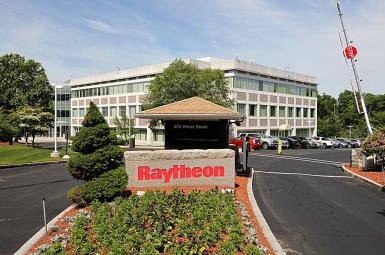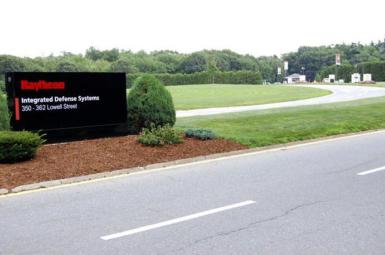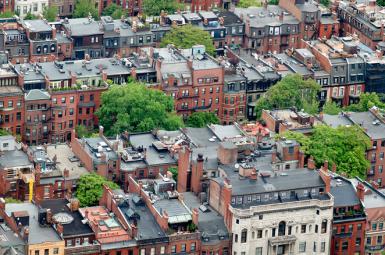Legislative leaders have less than a week to reconcile the House and Senate’s differing $5 billion omnibus spending, tax and policy bills. This Bulletin identifies key fiscal and policy provisions to be negotiated by the Conference Committee tasked with reconciling the differences and makes recommendations to resolve major policy differences.
But as Ashley White, a researcher for the Massachusetts Taxpayers Foundation, said, "It struggles even to serve all of those families." White pointed to February data showing more than 16,000 income-eligible children on waitlists for care in Massachusetts.
In a mobile business world, where smart workers can now do their jobs remotely from anywhere, will some choose to relocate to a place where the living is easier and the housing more affordable? That, said Eileen McAnneny, the president of the Massachusetts Taxpayers Foundation, is a real worry. The mantra for business is “go where the talent is. . . . If we don’t have the talent, then we do run a risk,” she said.
“It won’t be the last headline that we read in that regard,” Massachusetts Taxpayers Foundation President Eileen McAnneny said after the host of a forum on the state budget read a breaking news alert about the company’s plans. Companies are “much more attuned to relative cost differences,” she said.
But erasing the gap is worth it for all of us. By one estimate, the racial wealth gap has cost the American economy $16 trillion over the last 20 years. Closer to home, the Massachusetts Taxpayers Foundation estimated that closing racial wealth gaps in Massachusetts could raise the state GDP by $25 billion over the next five years.
Earlier today, Governor Baker filed a combination economic development and COVID recovery bill that includes $1.3 billion in capital authorization, $2.3 billion in direct spending of remaining federal ARPA funds and 137 policy sections. This Brief provides an initial summary of the provisions of the Administration’s proposal. MTF will weigh in with greater detail on the current state of ARPA spending in Massachusetts in a subsequent bulletin.
A recent analysis from the Massachusetts Taxpayers Foundation, a pro-business research group, showed Massachusetts’ gross state product would increase by $25 billion over five years if we were to close gaps in these key areas. According to the same report, leveling college graduation rates of Black and Latinx students to that of white students in Massachusetts would result in an additional $22 billion in state revenues over ten years.
Another study from The Massachusetts Taxpayers Foundation supports that argument. It found that if Massachusetts could close the economic divide, the state's gross domestic produce would increase by $25 billion over five years. "Just to put that in context, that's the equivalent of creating about 100,000 more jobs," said Eileen McAnneny, the foundation's president.
The Massachusetts Taxpayers Foundation, a highly respected and nonpartisan think tank, released a report last month showing racial disparities in every facet of life. By many measures, these disparities are greater in Massachusetts than they are nationally.







